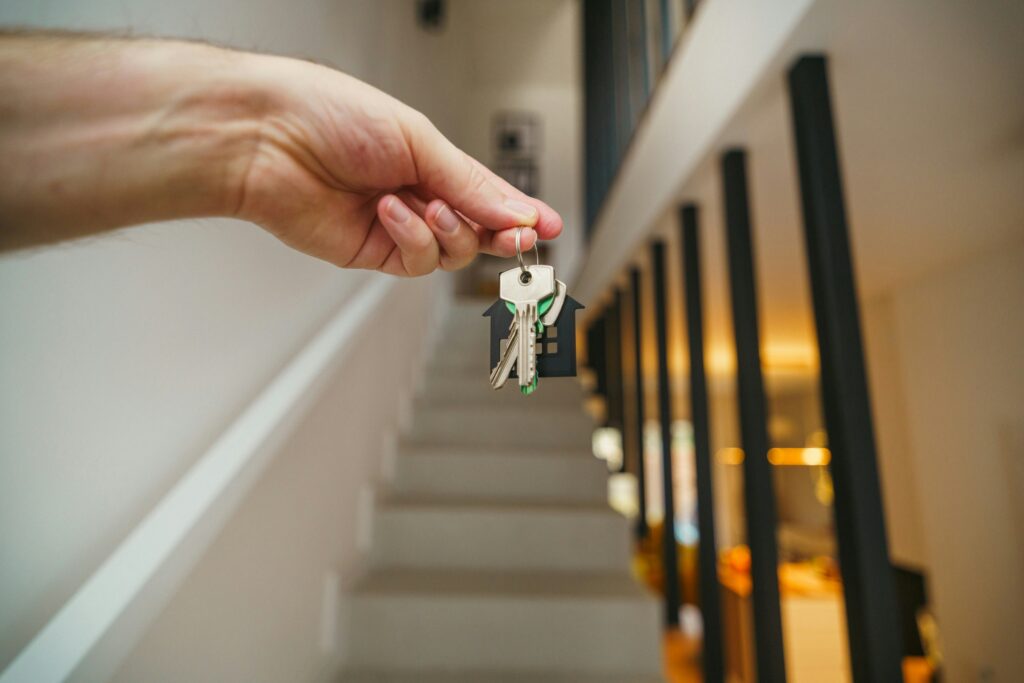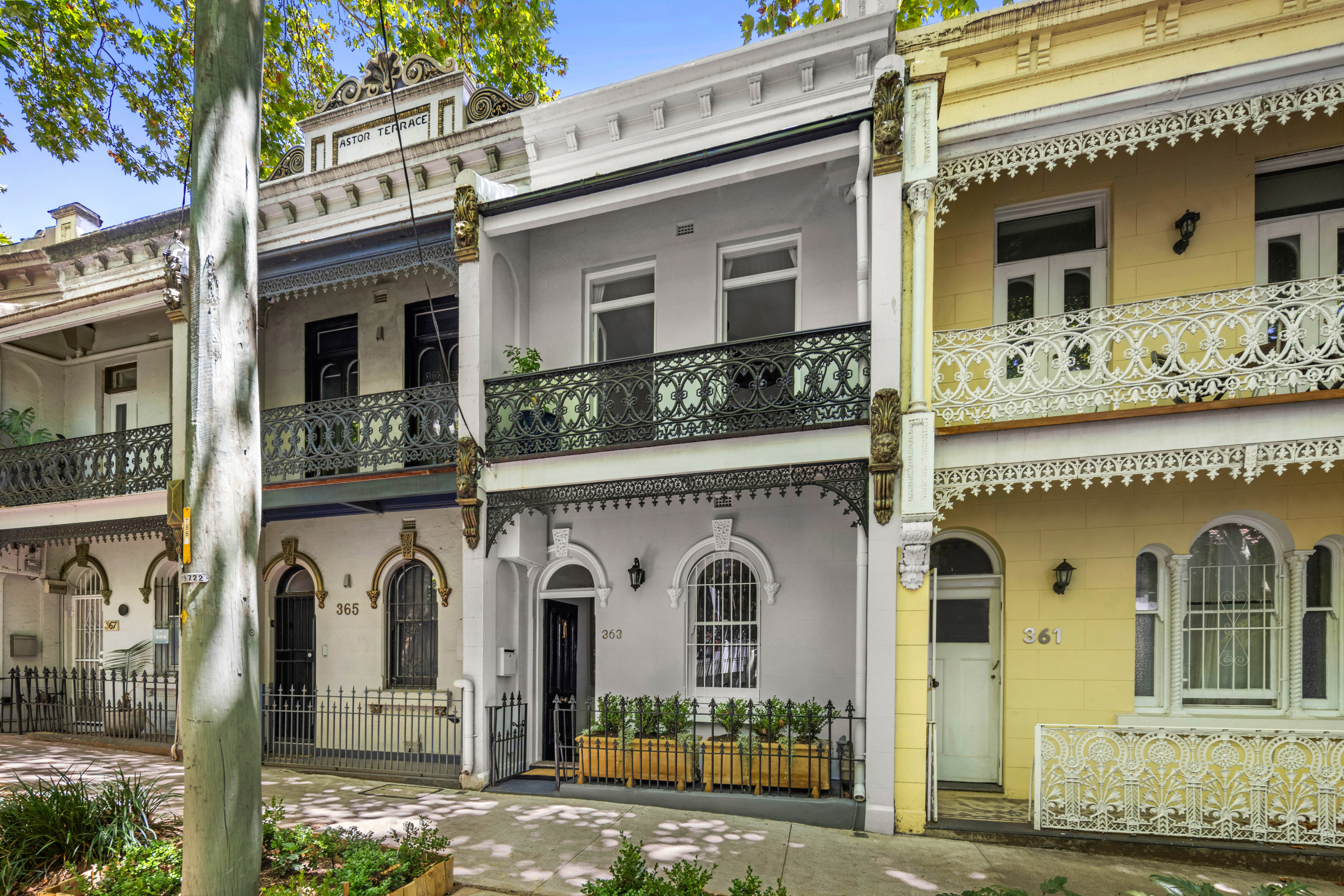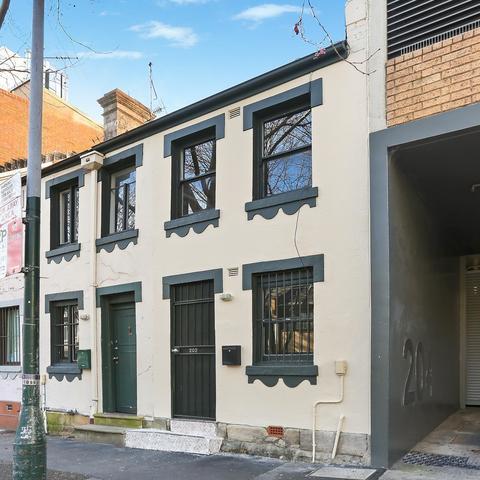Preparing Your Home for Tenants: A Landlord’s Guide
Buying a investment property is an exciting milestone.

Whether you’ve purchased a terrace in Paddington or a stylish apartment in Darlinghurst, deciding to rent it out is a smart way to build long-term wealth. But turning your new property into a successful rental takes more than just handing over the keys.
From legal responsibilities to presentation tips and choosing the right rental strategy, here’s what to know before welcoming your first tenants.
- Understand Your Legal Responsibilities
As a landlord in NSW, it’s essential to meet your legal obligations. These include providing a safe, well-maintained home, securing the correct documentation, and ensuring compliance with state regulations. You can find a standard residential tenancy agreement template here, and refer to Fair Trading NSW for more detailed information.
Some key steps include:
- Installing compliant smoke alarms
- Organising appropriate landlord insurance
- Providing a detailed condition report and tenancy agreement
- Lodging the rental bond with the NSW Rental Bond Board
Staying on top of your responsibilities not only protects your investment, it also sets the tone for a smooth tenancy.
- Short-Term vs Long-Term Rentals
When preparing your property, consider the type of rental arrangement that suits your goals. A long-term lease provides stability, reliable income and less turnover. This model is popular with young professionals or couples seeking a home base in the Eastern Suburbs.
On the other hand, short-term rentals such as Airbnb can offer higher returns, particularly in high-demand pockets close to the city or beaches. However, they do come with more management, maintenance and seasonal fluctuations. It’s also important to note that in NSW, short-term rentals are subject to specific planning rules and licensing requirements, and they are not permitted in every suburb. You can read more about these regulations on the NSW Planning website.
It’s worth weighing up the pros and cons of each to ensure they align with your lifestyle, income goals and local council regulations.
- Make Smart Repairs and Upgrades
Before renting, it’s important to ensure everything is in good working order. Address maintenance issues like leaking taps, cracked tiles or loose fixtures early to avoid larger problems down the track.
Consider small upgrades that can boost appeal and value. A fresh coat of paint, modern lighting or new window furnishings can help your property stand out in a competitive market. For more inspiration, take a look at our blog on Small Upgrades for a Big Impact.
- Present It Clean, Safe and Neutral
A tidy, well-presented home attracts better tenants. Invest in professional cleaning, steam-clean carpets and spruce up the garden or balcony.
Neutral colours, minimal styling and clean lines help potential tenants imagine living there. Avoid overly personal touches or bold design choices that might polarise.
- Set Clear Expectations
Ensure everything is clearly outlined in your lease or rental terms, including pet policies, maintenance responsibilities and expectations around cleanliness. A thorough condition report, signed by both parties, helps avoid disputes later.
If you’re managing the property yourself, maintaining open communication with tenants is key to a positive relationship. Quick responses and fairness go a long way in building trust.
- Understand the Financial Implications
Before renting out your investment property, it’s important to consider the financial and tax implications. One of the biggest benefits of owning a rental property is the ability to claim tax deductions. These may include interest on your loan, repairs and maintenance, council rates and property management fees.
It’s also worth understanding the concept of gearing:
- Positive gearing occurs when the rental income exceeds the property expenses. This may result in additional income, but it can also mean a higher tax bill.
- Negative gearing occurs when your expenses exceed the rental income. In this case, the loss can often be offset against other income to reduce your taxable income.
Both strategies have benefits depending on your goals, cash flow and investment timeline. It’s a good idea to speak with a financial advisor or accountant to find the right approach for your circumstances.
Planning to invest in property?
Buying a investment property can be the beginning of a rewarding journey. Whether you’re drawn to the steady income of a long-term lease or the flexibility of short-term stays, preparation is everything. If you’re considering a purchase with rental potential in the Eastern Suburbs, we’re here to help you find the right property.
Get in touch with Fraser today!



